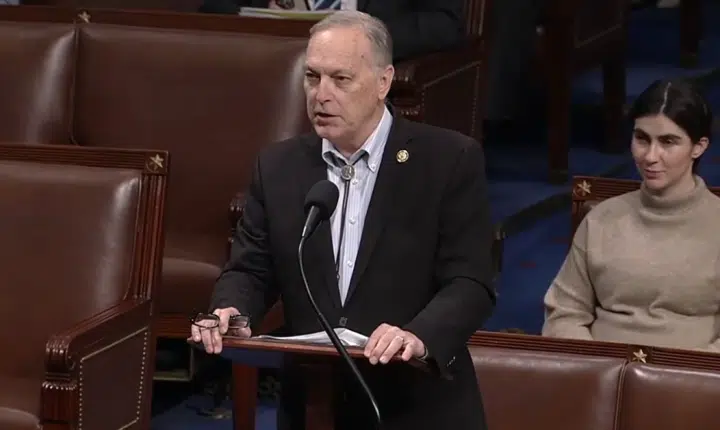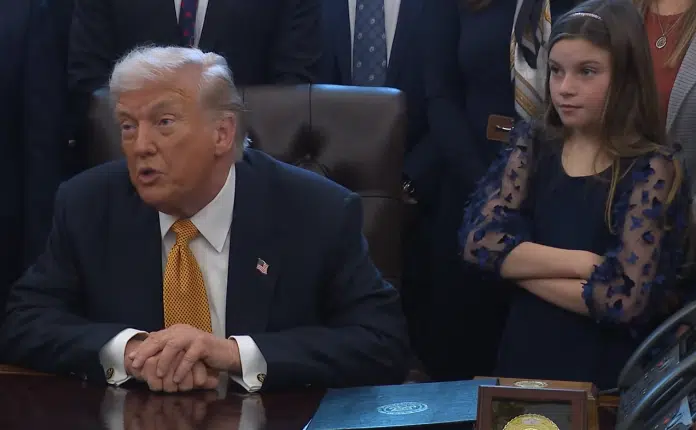By Marta H. Mossburg
 Back in 2009 President Barack Obama told Americans that his health care plan wouldn’t impact people who already have health insurance.
Back in 2009 President Barack Obama told Americans that his health care plan wouldn’t impact people who already have health insurance.
As he said, “First of all, if you’ve got health insurance, you like your doctor, you like your plan — you can keep your doctor, you can keep your plan. Nobody is talking about taking that away from you.”
As the health care exchanges central to the Affordable Care Act — more commonly known as Obamacare — rolled out this week, that promise and many others about how the legislation would improve healthcare for millions of Americans are being proven false over and over again.
Investor’s Business Daily is keeping a running tab on how many employers have cut hours for part-time workers to fewer than 30 to avoid having to buy insurance for them. As of Sept. 25, it tallied 313, including almost 200 colleges and universities.
Last month Home Depot, the world’s largest home improvement retailer, said it was cutting health coverage for 20,000 part-time workers. United Parcel Service Inc. recently said it would no longer provide medical coverage for employed spouses of 15,000 non union workers, as their employers would have to provide it under the health care law.
Clothing retailer Forever 21, in a memo that was leaked to the press last month, said it was going to cut hours for part-time workers and push some full-time workers to part-time status. And according to the Orlando Sentinel, SeaWorld Entertainment Inc., which runs 11 theme parks throughout the country, said it was capping hours for part-time workers at 28, down from 32. Many employers deny the changes have to do with Obamacare, but the law requires employers with 50 or more employees to provide health insurance for those working 30 or more hours per week. Go figure.
Those caps mean employees will lose health coverage, along with their current doctors, at the same time they are seeing their wages cut. That’s why unions, reliable supporters of President Obama, hate Obamacare. In a July letter to Democratic leaders in Congress, the heads of three major unions, including Teamsters President James Hoffa, said without significant changes the law would “shatter not only our hard-earned health benefits, but destroy the foundation of the 40 hour work week that is the backbone of the American middle class.”
They added, “Time is running out: Congress wrote this law; we voted for you. We have a problem; you need to fix it.”
That almost sounds like a threat, doesn’t it? But when unions join with conservatives in critiquing legislation, something must be really wrong.
Labor Department data makes that obvious. The work week in July for workers in low- wage industries hit 27.4 hours per week — matching a low not seen since the recession in 2009.
Obamacare subsidizes low-income people, but in many cases the federal subsidies will not be enough to offset the increase in premiums under the law. According to an analysis by the Manhattan Institute of the cost of health insurance under Obamacare based on U.S. Department of Health and Human Services (HHS) data, the average premium for a 40-year-old man will rise around 99 percent and one for a 40-year-old woman will rise 62 percent for basic “Bronze” plans. HHS refuses to say how much premiums will rise this year under Obamacare, preferring instead to say that costs are “lower than originally expected.”
This is the backdrop for the budget impasse in Congress shutting down the federal government. Given the magnitude of problems with Obamacare, I understand why some Republicans refuse to fund it, thinking the best option is to stop it before it fully starts. But if or when they relent, their point ultimately will be proven in the millions more who find their coverage cut along with the hours they work, in severed ties with family doctors and in higher monthly premiums. This will be the ugly face of modern progressivism, and it will shift the political argument from the “47 percent” who don’t pay federal taxes to the 100 percent victimized by big government.
Marta H. Mossburg writes frequently about national affairs and about Maryland, where she lives. Follow her on Twitter at @mmossburg.






